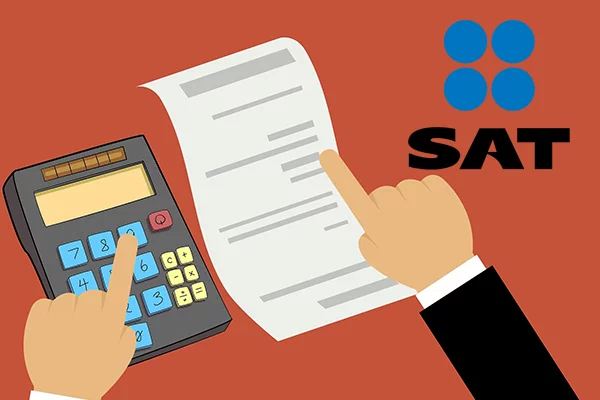Bill of Lading
If you transport a merchandise or product between cities within Mexico, you will need a Bill of Lading. Many carriers have approached us for MDI Trade Solutions to manage their services, procedures or receive advice on this subject.
But what is the Bill of Lading and why is it important for your Foreign Trade operation? It is a land transport document that governs the transfer of merchandise, in which all the relevant data of the transported merchandise is specified; how: place and date of issue, legal details of the carrier(s), place and date of collection, transshipment and delivery, name and address of the recipient or buyer, information and nature of the merchandise, quantity of products transferred, declaration of value merchandise customs, freight price, among others.
According to the SAT, the main functions of the Bill of Lading are:
· Identify the goods in detail to be certain of what is being transported and the routes it follows.
· Know the origin and destination of the goods, for random verification cases that allow anticipating risks or threats in the transfer.
· Provide information to establish strategies that guarantee traffic safety on the different routes.
· Have elements that allow verifying the operations carried out by the people involved in the transfer of goods.
· Provide elements to the public agencies responsible for the surveillance and control of passageways to verify the goods and prove their legal stay and/or possession during their transfer.
· Strengthen formal trade, combat informality and smuggling.

Remember that:
When you move your merchandise, you must previously generate the CFDI with the Bill of Lading complement, so you can prove your legal stay and/or possession of the same during the transfer, accompanying them with the digital file or printed representation.


Another factor to take into account is the Crossing Notice:
In the generation of the crossing notice, one of the fields that must be entered is that of the Porte Letter: you must indicate the fiscal folio(s) of the CFDI with the Porte Letter Complement, to which the rules refer:
2.7.7.1: (CFDI of income type with which the transport of goods is accredited),
2.7.7.2: (CFDI with which the owners, possessors, holders, transport agents or intermediaries can prove the transfer of goods or merchandise)
2.7.7.10.(CFDI that covers the transport of export merchandise through service providers) or
2.7.7.11. (CFDI that covers the transport of definitive export merchandise carried out by its own means),
The foregoing, in accordance with the Miscellaneous Fiscal Resolution (RMF) as appropriate, except for the subjects referred to in rule 2.7.7.9. (Transport of goods by carriers residing abroad without permanent establishment in national territory) of the same resolution, and foreign trade operations that are dispatched with a consolidated petition.
It is important that you stay informed of the changes and implementations of the authority for the proper functioning of your operations and that your company does not become a compliance issue.
So that you can understand the implications of the Porte Letter Complement and its relationship with the Notice of Crossing in MDI Academy (our Foreign Trade and Customs learning platform) we have prepared the course: Bill of Lading Complement. Elements and scope in Foreign Trade and Customs, where we will talk about the impact it will have on the transfer of your merchandise.
Similarly, at MDI we advise you on the management of your procedures related to your Trade operations, Carrier Badge and the new implementation of the TAG in the Crossing notice.
If you have questions, contact us through WhatsApp.


